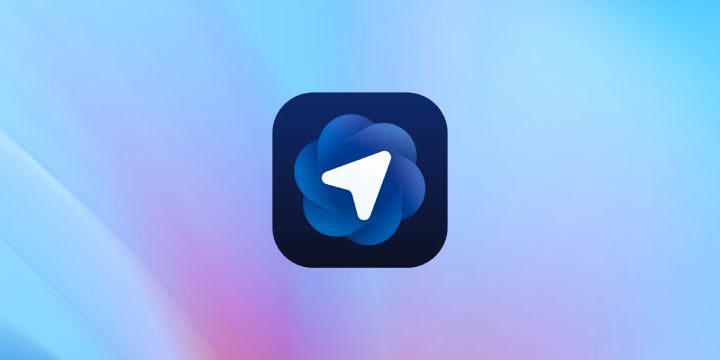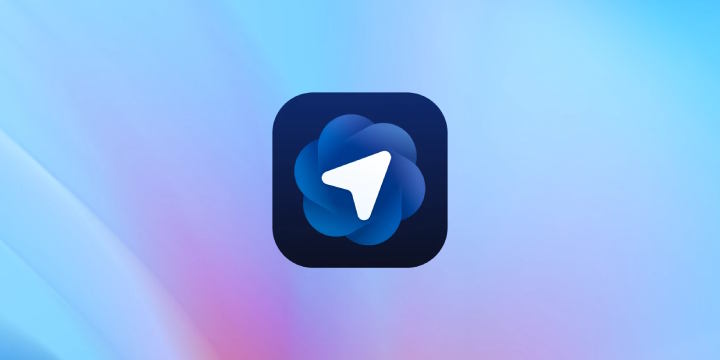
openai looks for its google chrome moment OpenAI has unveiled its new Atlas web browser, aiming to revolutionize how users interact with online content by integrating conversational AI directly into the browsing experience.
openai looks for its google chrome moment
Introduction to Atlas
In a significant move reminiscent of Google’s launch of the Chrome browser in 2008, OpenAI has introduced the Atlas browser, designed to enhance the user experience by allowing interaction with web pages through its ChatGPT large language model. This innovation seeks to answer the intriguing question posed by OpenAI: “What if I could chat with a browser?” The goal is to create a more intuitive and engaging way for users to navigate the internet.
Vision Behind Atlas
Integrating AI with Browsing
OpenAI’s founder and CEO, Sam Altman, articulated the vision for Atlas during a live stream announcement. He emphasized that the browser is intended to facilitate a seamless interaction between users and the vast array of information available online. “ChatGPT will become a core way that users interact with the place where a ton of work and life happens,” Altman stated. This reflects a broader trend in technology where conversational interfaces are becoming increasingly central to user engagement.
A New Paradigm for Internet Use
Altman envisions a future where the experience of chatting and browsing the web is intertwined. He remarked, “The way that we hope people will use the Internet in the future… is that the chat experience and a web browser can be a great analogue.” This perspective suggests a shift from traditional browsing methods, which often involve static interactions, to a more dynamic and responsive engagement with content.
Features of the Atlas Browser
Chat Functionality
One of the standout features of the Atlas browser is its ability to allow users to “chat with a page.” This functionality enables users to ask questions about the content they are viewing, receive explanations, and even request summaries or further information in real-time. This interactive approach could significantly enhance the way users consume information, making it more accessible and engaging.
User Interface and Experience
The Atlas browser is designed with a user-friendly interface that prioritizes ease of use. The integration of ChatGPT into the browsing experience means that users can engage with web content in a conversational manner, potentially reducing the cognitive load associated with traditional browsing. The browser aims to create a more intuitive experience, allowing users to focus on the information they seek without the distractions often present in conventional browsers.
Availability and Future Plans
Currently, the Atlas browser is available for download on macOS, with promises from Altman that versions for Windows and mobile platforms will be released “as quick as we can.” This phased rollout indicates OpenAI’s commitment to making the browser accessible to a broader audience, recognizing the diverse needs of users across different devices.
Implications for Users and the Industry
Transforming Online Interaction
The introduction of Atlas could fundamentally change how users interact with online content. By allowing for a conversational interface, OpenAI is positioning itself at the forefront of a potential shift in digital communication. Users may find that they can navigate complex information more easily, as the browser can provide context and clarification in real-time.
Impact on Content Creators
For content creators, the Atlas browser presents both opportunities and challenges. On one hand, the ability to engage with users through a conversational interface could lead to deeper connections and increased engagement. On the other hand, creators may need to adapt their content to be more interactive and responsive to user inquiries, which could require a shift in how they approach content development.
Competitive Landscape
The launch of Atlas places OpenAI in direct competition with established browsers and tech giants like Google and Microsoft. Both companies have been exploring ways to integrate AI into their products, and OpenAI’s entry into the browser market could prompt a new wave of innovation. As users increasingly seek more interactive and personalized experiences, the competitive landscape may shift dramatically.
Stakeholder Reactions
Industry Experts
Reactions from industry experts have been mixed, with some expressing enthusiasm for the potential of the Atlas browser to redefine online interaction. Others, however, have raised concerns about the implications of integrating AI into everyday browsing. Questions about privacy, data security, and the accuracy of AI-generated responses have surfaced, highlighting the need for careful consideration as this technology evolves.
User Feedback
Initial user feedback on the Atlas browser has been largely positive, with many praising the innovative approach to browsing. Users have reported that the chat functionality enhances their ability to find information quickly and efficiently. However, some have noted that the effectiveness of the chat feature can vary depending on the complexity of the queries posed, suggesting that further refinement may be necessary.
Future of Browsing with AI
Potential Developments
As OpenAI continues to develop the Atlas browser, future updates may include enhanced AI capabilities, improved natural language processing, and expanded integration with other services. These developments could further solidify Atlas’s position as a leading browser in the AI-driven landscape.
Broader Implications for AI
The launch of Atlas is part of a larger trend towards the integration of AI into everyday tools and services. As AI technology continues to advance, its applications in various sectors are likely to expand, leading to new opportunities and challenges. The success of the Atlas browser could serve as a case study for future innovations in AI-driven user interfaces.
Conclusion
OpenAI’s Atlas browser represents a bold step towards redefining how users interact with the web. By integrating conversational AI into the browsing experience, OpenAI aims to create a more intuitive and engaging way for users to access information. As the technology evolves, it will be crucial to monitor its impact on users, content creators, and the broader tech landscape. The success of Atlas may pave the way for a new era of browsing, where AI plays a central role in shaping our online experiences.
Source: Original report
Was this helpful?
Last Modified: October 22, 2025 at 4:36 am
3 views















